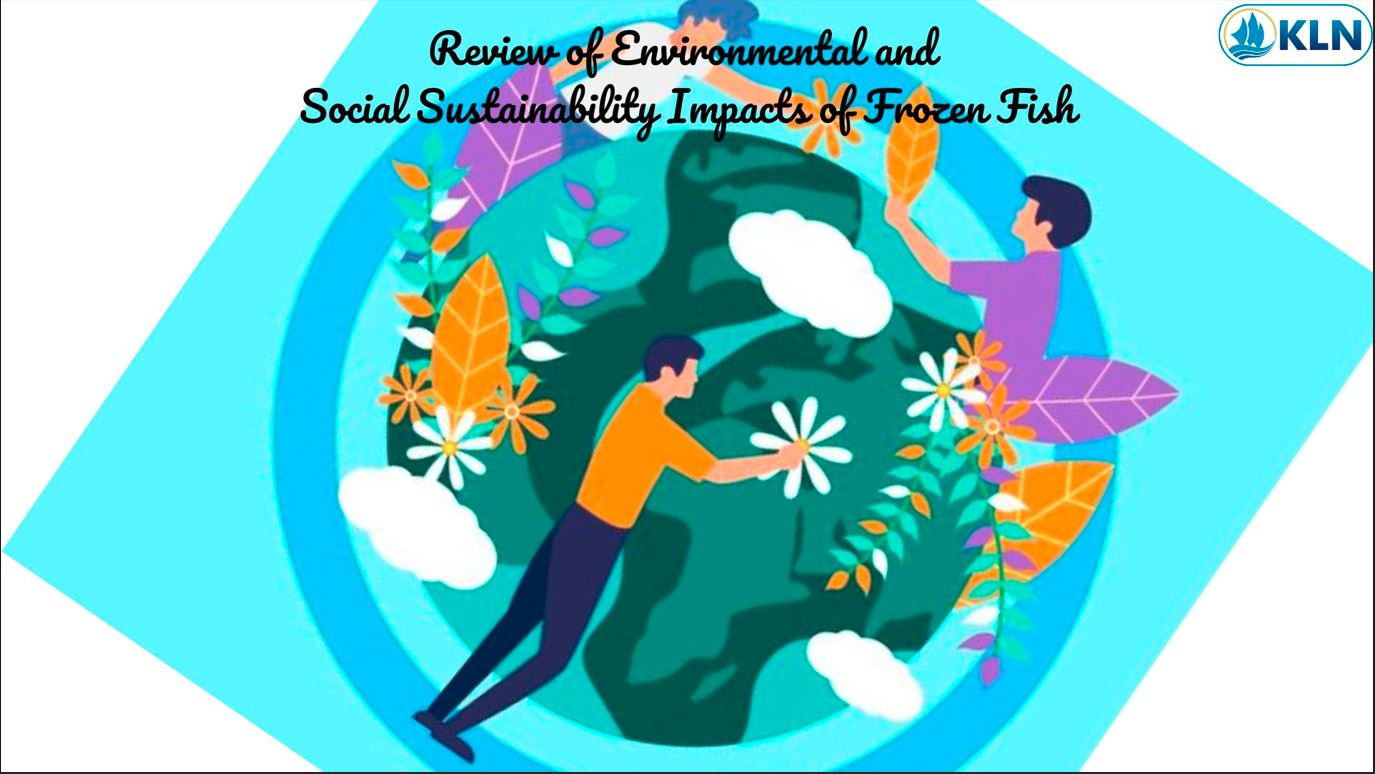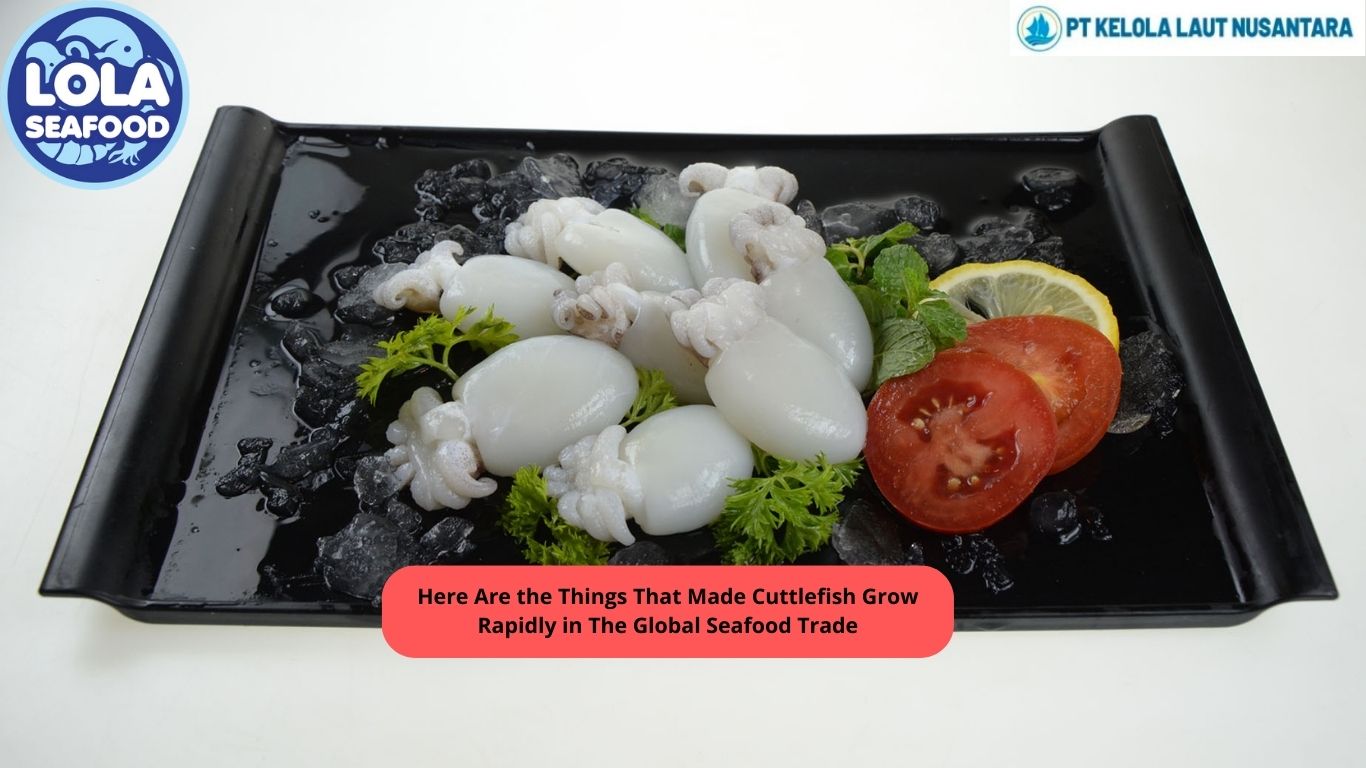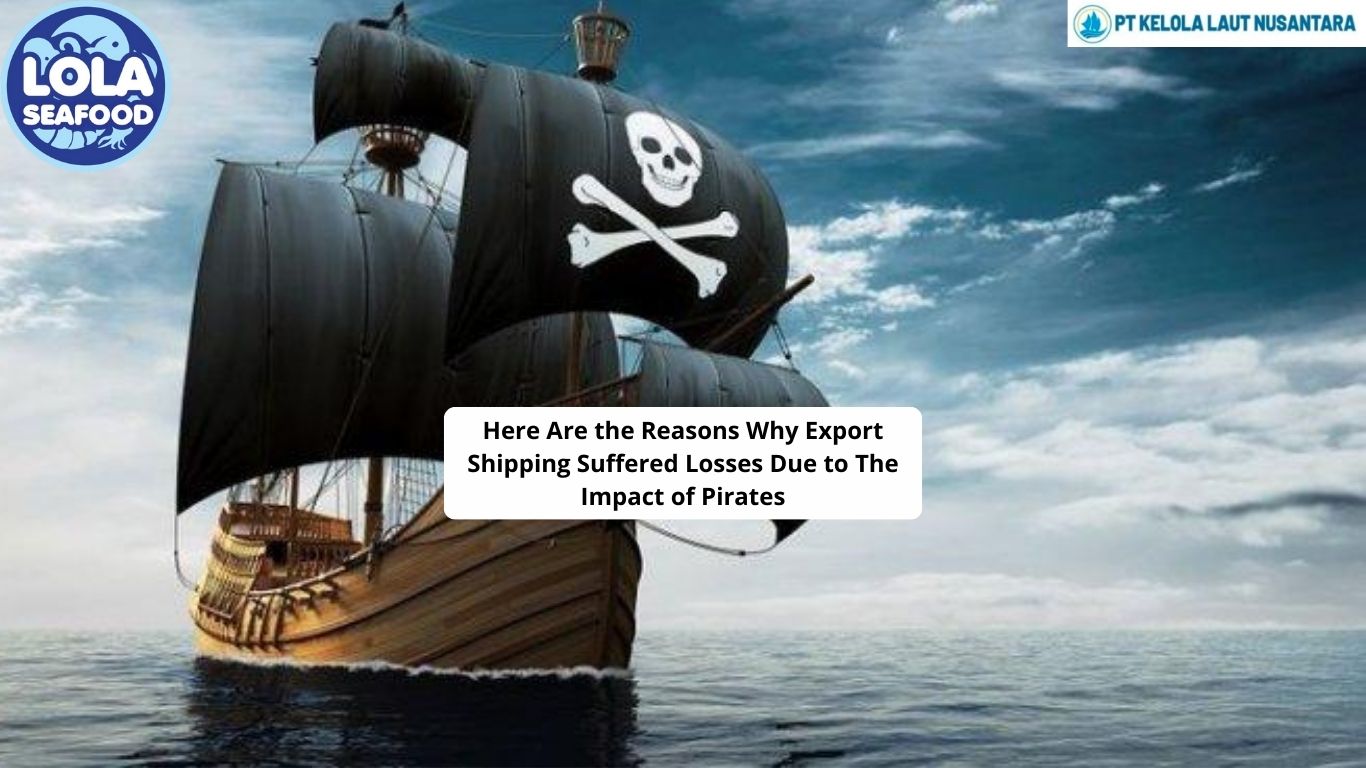Review of Environmental and Social Sustainability Impacts of Frozen Fish
By. Najih - 19 Jun 2024
The consumption of frozen fish has significantly increased over the years due to its convenience, longer shelf life, and availability. However, the production and distribution of frozen fish can have various environmental and social sustainability impacts that warrant careful consideration. This review aims to assess the environmental and social implications associated with the frozen fish industry, highlighting key issues and potential solutions.
Environmental Impacts:
1. Overfishing: The demand for frozen fish often leads to overfishing, threatening the sustainability of fish stocks and marine ecosystems. This can result in the depletion of fish populations, disruption of marine food chains, and loss of biodiversity.
2. Carbon footprint: The freezing, processing, and transportation of fish contribute to greenhouse gas emissions, exacerbating climate change. Energy-intensive freezing techniques and long-distance transportation further amplify the carbon footprint of frozen fish products.
3. Habitat degradation: Industrial fishing practices, such as bottom trawling, can cause habitat destruction in marine ecosystems, including coral reefs and seabed habitats. This degradation impacts not only fish populations but also other marine species dependent on these habitats.
Social Impacts:
1. Labor conditions: The frozen fish industry is often associated with poor working conditions, including low wages, long hours, and lack of labor rights. Migrant workers, in particular, may face exploitation and abuse in processing plants and fishing vessels.
2. Community livelihoods: Overfishing and unsustainable fishing practices can threaten the livelihoods of coastal communities reliant on fish for food security and income. Small-scale fishers may face economic hardships as larger industrial operations dominate the market.
3. Food security: The depletion of fish stocks due to overfishing can compromise food security, especially in developing countries where fish is a primary protein source. Vulnerable populations may suffer from nutritional deficiencies and reduced access to affordable, nutritious food.
Potential Solutions:
1. Sustainable fishing practices: Implementing regulations and quotas to prevent overfishing and protect fish stocks is essential. Adopting sustainable fishing methods, such as selective harvesting and marine protected areas, can help restore fish populations and preserve marine habitats.
2. Traceability and certification: Promoting transparency in the supply chain through traceability systems and certifications, such as Marine Stewardship Council (MSC) certification, allows consumers to make informed choices and supports sustainable fishing practices.
3. Social responsibility: Ensuring fair labor standards and worker protections within the frozen fish industry is crucial. Companies should prioritize ethical sourcing and invest in initiatives that improve labor conditions and support local communities.
.jpg)
 (1).png)


.jpg)
.jpg)
.jpg)

 (3).png)